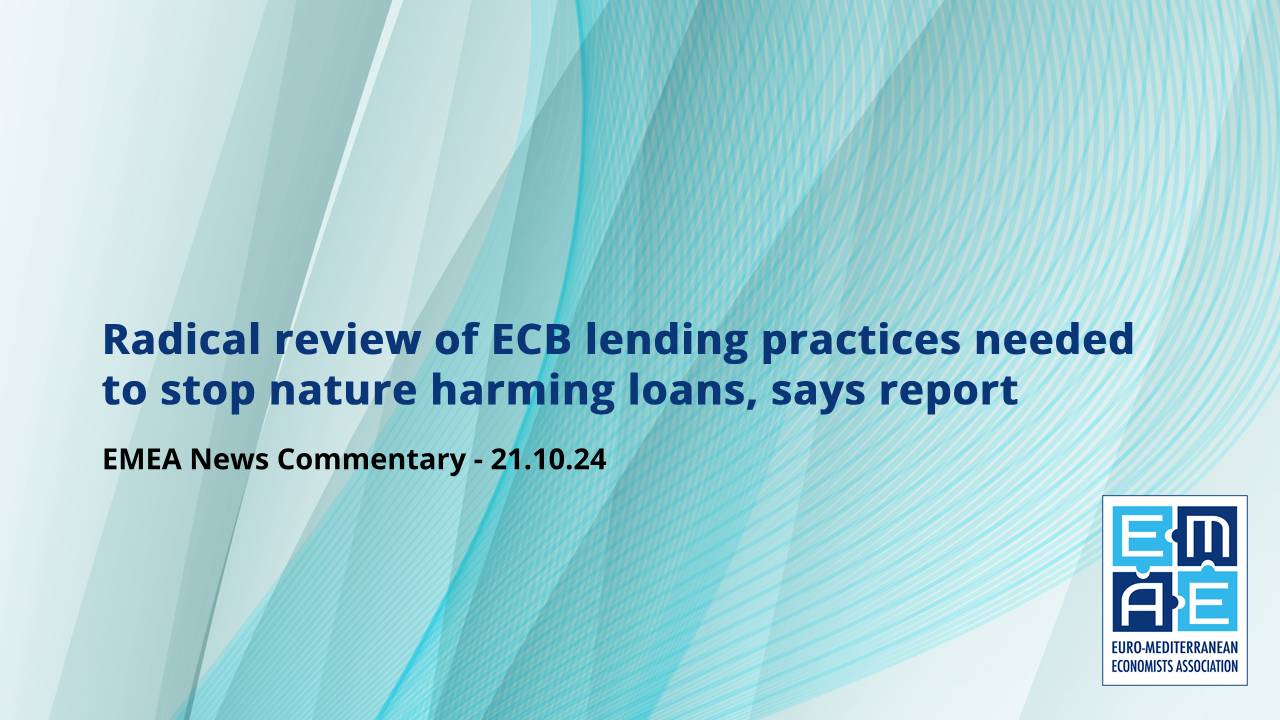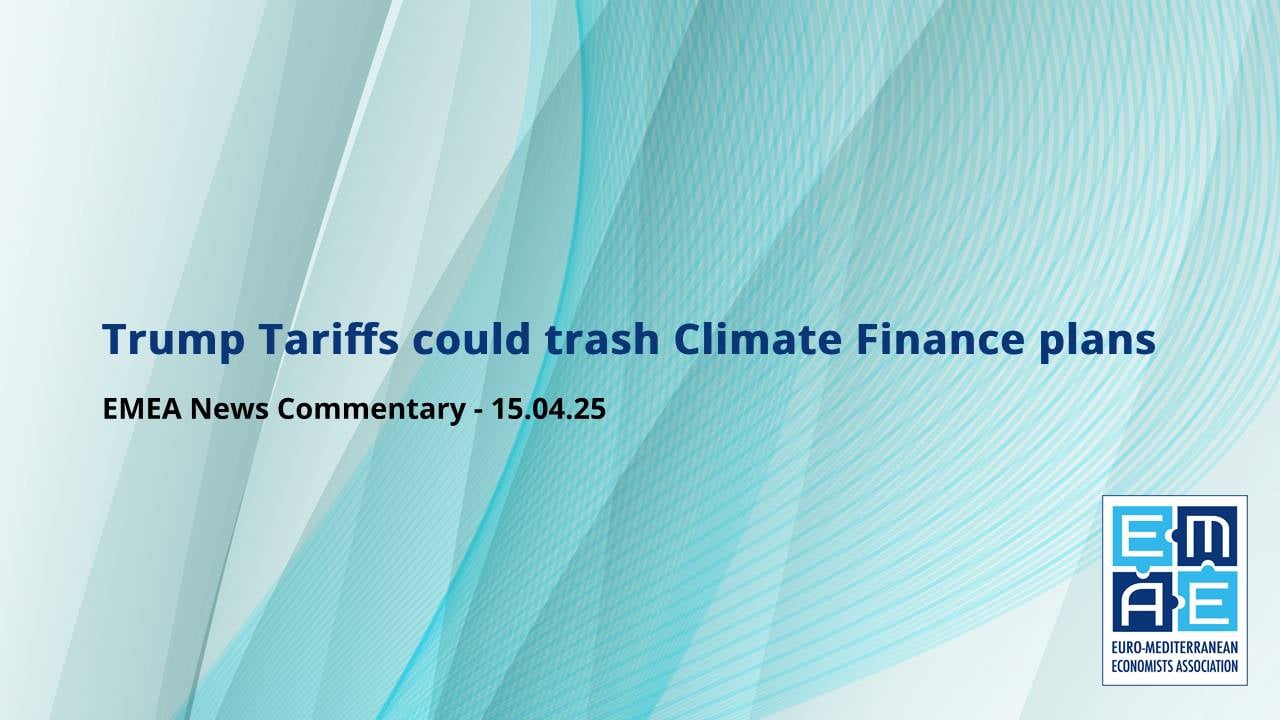The European Central Bank (ECB) has been warned that it needs to pay much closer attention to the environmental impact linked to assets that banks use to secure loans, according to a new report by the World Wildlife Fund’s Greening Financial Regulation Initiative (GFRI) and Positive Money.
The authors claim that the ECB currently have in the region of €250 billion in high-carbon assets within their collateral framework, which “is not aligned with green targets.”
The report, entitled “Nature’s Nudge: The role of collateral frameworks in the transition towards a sustainable economy”, sets out the measures the Bank should take to properly tackle environmental challenges.
These include:
- establishing more stringent rules for what’s classified as acceptable collateral assets
- reducing the quantity of highly carbon-intensive or environmentally harmful assets that banks can call upon
- making it less appealing for banks to provide financial assistance for companies engaged in environmentally damaging activities that are not on a science-based transition path. This would be done by introducing higher haircuts (i.e., reducing the value on what the ECB accepts for riskier assets)
Through its collateral framework, the ECB “has the power to shape the behaviour of market actors” according to the report, which also urged the Bank to look beyond the scope of climate risk and embrace nature loss in its bank lending-making decisions.
Chiara Pass, a WWF Sustainable Finance Policy Officer, said the ECB had historically failed to take any meaningful role in creating a climate and nature-positive collateral framework. “With biodiversity degrading and a looming climate emergency, we no longer have the luxury to ignore this powerful tool,” she cautioned.
Victims and contributors to environmental degradation
Citing specific examples from France, the authors targeted data from the Banque de France – a bank considered to be “a climate champion” – revealing many companies across the food, beverage, energy and banking sectors, which were “simultaneously victims and major contributors to environmental degradation.”
In isolation, the food and beverage sector affected a freshwater area the size of Majorca and a land area equivalent to that of Croatia, which potentially added up to “high risk for the financial system.”
The authors also highlighted that the energy sector’s entire 360 million tonnes of scope 1,2 and 3 induced carbon emissions in 2021 were 40 million tonnes more than Poland’s entire carbon emissions.
Because nature loss and climate change aggravated each other, they should be accorded the same degree of financial risk in the ECB´s collateral framework, the report declared.
Uuriintuya Batsaikhan, Head of Research at Positive Money Europe and a co-author of the report, said the findings confirmed “the urgent need for a reform that goes beyond climate risks alone.”
As the collateral rule setter and a signatory to the Paris Agreement, the Bank should also take account of nature degradation and biodiversity loss and “lead a radical revision of its lending practices,” she commented.
“The ECB has a real opportunity to send a clear message that environmentally destructive practices have no place in our economy,” she added.
With the ECB due to undergo a collateral framework review for Eurosystem central banks within its 2024-5 Climate and Nature Plan, the authors opined that this could help the ECB prove its commitment to a net zero, nature positive economy.
ECB must take responsibility and stop loans that harm nature, say WWF and Positive Money | WWF





